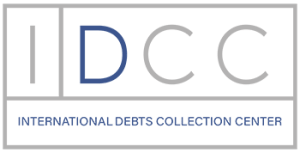It’s common for debt collectors to specialize in one type of debt. For example, a debt collection agency international may only pursue accounts that have been delinquent for at least two years and have a balance of at least $300. The statute of limitations might vary from state to state; thus, a reputable collection agency will only accept cases where the statute of limitations has not expired. Legally, a creditor can continue to collect on a debt that is within the statute of limitations.
In addition to credit cards and medical bills, debt collection companies can also pursue unpaid utility and cell phone bills as well as personal, commercial, and educational loans. A settlement below the full amount owing can be negotiated with customers who have difficult-to-collect debts. Lawsuits may be brought against customers who refuse to pay their debt collectors.

Offerings Of Debt Collection Agencies
● Payments Schedule
Successful commercial debt collection services depend on the ability of the debtor to pay. Most of the time, the person who owes money can’t afford to pay it all back. An accounts receivable management collection agency negotiates and enforces payment schedules that are weekly, bimonthly, or monthly.
● Ascertaining the Creditworthiness
More and more debt collection claims are being filed due to the current economic downturn. Creditors and borrowers can work together to resolve their debts through the use of collection agencies. The purpose of collection services is to get to the bottom of the financial condition of both the debtor and the creditor.
● Client Data Tracking And Verification
Finding and persuading delinquent customers to pay can take a long time and a lot of effort. There are numerous advantages to employing an accounts receivable collection service. If you don’t have to worry about collecting on overdue accounts, your business will function more smoothly.







